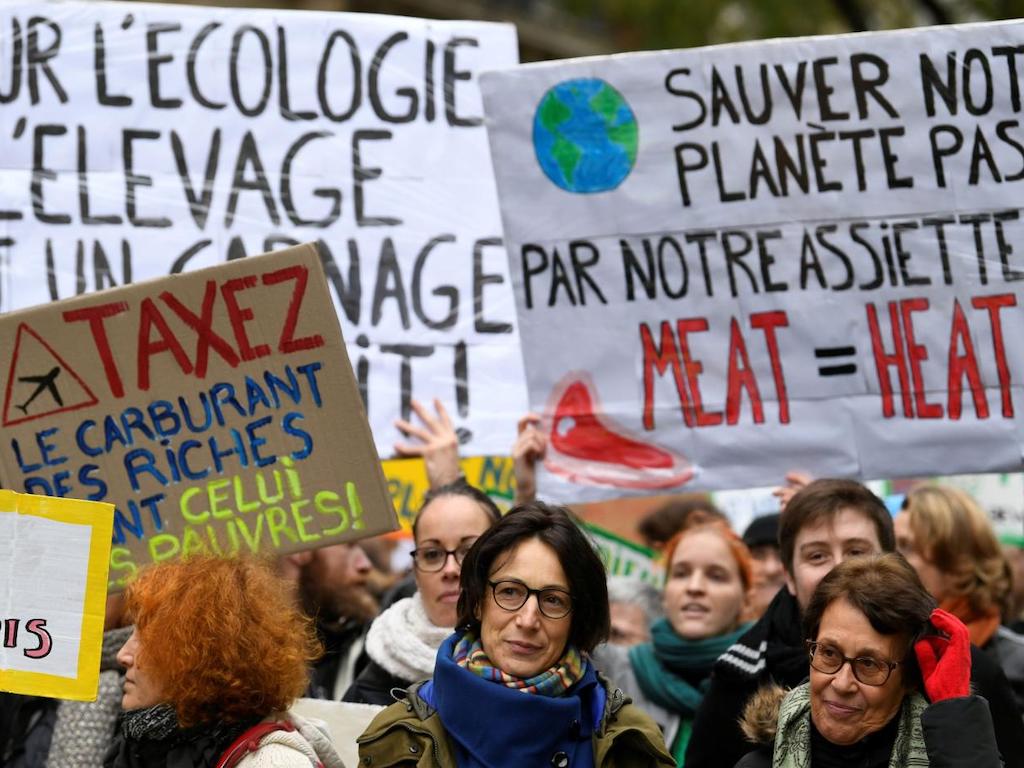3 Mins Read
A group of environmental NGOs have accused the French government of failing to take action on the climate emergency in a landmark court case. They argue that the country should be held responsible for ecological damage and the dire health, social and economic consequences as a result. If convicted, the historic case could force the state to take urgent climate action and could place much-needed pressure on other governments to follow suit. A group of environmental NGOs have accused the French government of failing to take action on the climate emergency in a landmark court case.
On Thursday (January 14), a French court began its examination into whether the country’s authorities have failed to act sufficiently to combat climate change. The legal case, which has been hailed as the “case of the century”, was filed by Greenpeace France, Oxfam France, the Nicolas Hulot Foundation and Notre Affaire à Tous in March 2019, after more than 2.3 million people signed a petition to support the court action.
Such a decision would be historic and would inscribe in law that the fight against climate change is essential to the protection of fundamental rights.
Greenpeace
The Paris administrative court is expected to come to a ruling within two weeks, and the NGOs say that a victory would mean the state will be held accountable for its duty to fight the climate emergency and prompt urgent action.
“Such a decision would be historic and would inscribe in law that the fight against climate change is essential to the protection of fundamental rights,” said Greenpeace in a statement.
“The climate crisis remains the French people’s biggest worry, even with the health crisis. Even though we saw record high temperatures in 2020, the state is continually delaying its action,” added The Nicolas Hulot Foundation.
France has committed to slashing its emissions by 40% by 2030 under the Paris agreement, which was increased to 55% in December 2019 when President Emmanuel Macron and other E.U. leaders agreed to cut the bloc’s carbon footprint ahead of the U.N. climate meeting.
But the NGOs say that the state is still exceeding its carbon budget, and is failing to bring forward more domestic policies to curb emissions, such as transitioning the country’s energy supply into renewables or investing in green infrastructure. The group, who are seeking symbolic damages of €1 from the French government, say that this inaction is having a detrimental impact on the quality of life and the health of French citizens.
The climate crisis remains the French people’s biggest worry, even with the health crisis. Even though we saw record high temperatures in 2020, the state is continually delaying its action.
The Nicolas Hulot Foundation
In a written statement defending its actions, the French government argued that the state cannot be held solely accountable for climate change when it is not responsible for all greenhouse gas emissions globally.
“When you govern, you decide for our future, and if you’re not making the right decisions now that’s the future of our children, our grandchildren, that will have very little to do with what we are living today,” Cecile Duflot, president of Oxfam France, told France Info.
As the climate emergency continues to intensify, legal action on the issue has become increasingly prevalent. According to a report from the Grantham Research Institute at the London School of Economics and Political Science (LSE), lawsuits launched against corporations and governments on the basis of climate and ecological damage had sprung up in at least 28 countries by the summer of last year.
In July 2019, a 23-year-old law student in Melbourne filed a lawsuit against the Australian government over failure to disclose the financial risks of climate change to a number of safe investments, including government bonds. Instead of seeking damages, the legal case hopes to achieve a declaration that the government and related officials have breached their duty, and an injunction to end the promotion of government bonds until climate risk disclosure information is updated.
Lead image courtesy of Reuters.




